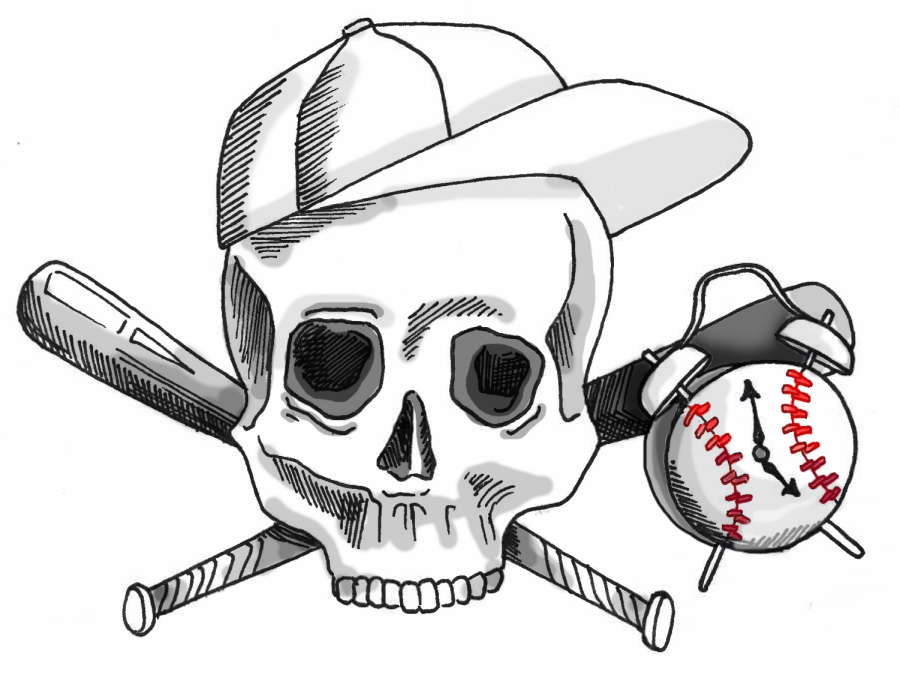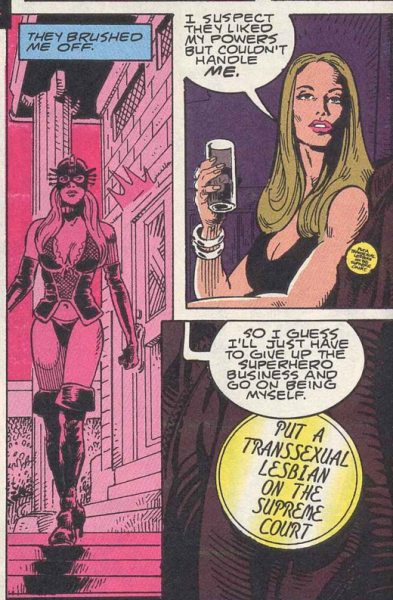The Death of Baseball
The real reasons why America’s pastime is declining.
Baseball has been around for over 150 years and has been with the U.S. through its many ups and downs: the World Wars, The Great Depression, The Civil Rights Movement, the rise of the internet, and up to the modern day. But baseball as we know it is slowly dying, and there’s no way around it. It has become an ever-growing issue in the sport that is impossible to ignore.
The main reasons for baseball’s decline have been heavily discussed inside of the baseball community, and are fairly obvious to see–the increased time it takes to play a game, the rising costs of every part of the major league experience, the decrease in attendance, as well as the dwindling interest of the younger generations. But even with a very progressive and forward-thinking commissioner, there is little to no change occurring to solve these issues. The blame for this does not fall solely on Major League Baseball itself, but also the fanbase it tries so hard to appease.
Baseball has been riding the “America’s pastime” concept forever, but the nostalgia and memories associated with this are dying, along with its fans. The idea that baseball should never change from its roots is shared by the majority of the fanbase, but is also slowly killing the sport. In order for a league to succeed, it needs to adapt to the world around it–something that the MLB has failed to do recently because of its conservative fans.
Other major sports that are willing to change are reaping the benefits of it. For example, take the National Basketball Association (NBA). NBA commissioner Adam Silver and the rest of the league are constantly exploring innovative and exciting ways to change the game. Although any proposition will have its fair share of opposition, the NBA community is generally open to change, even regarding the most outrageous ideas. Unlike the MLB, basketball has found a way to not only adapt to our changing world, but expand and thrive as well. Baseball, on the other hand, has found it hard to do any such thing due to the fear of angering its fans.
However, this past season presented an opportunity for change. 2020 has been a year like no other, and that goes for baseball as well. After COVID-19 shut down the MLB season just before it was due to start, the league had to act on the fly to save the season. After an unnecessarily long process, the MLB resumed in July with many changes from a normal season. For the 2020 season only, the MLB implemented highly controversial changes to a shortened 60-game season (as opposed to the normal 162 games) such as the use of a designated hitter in both the American League and the National League, and starting extra innings with a runner already on second base in order to shorten game times. Both of these new rules were added to make the game faster and more interesting–a step in the right direction. Unfortunately many of these changes are reverting back to the old rules next year, reversing any progress made this season.
I consider myself an avid baseball fan. Just a few years ago, I could sit down and watch a full game of my beloved Mariners and thoroughly enjoy it. But as I grow up and have more commitments, I find it harder to take the time to sit through the long hours of a game over doing something more productive, or even watching other sports. By saying this, I would be shunned by the hardcore fans, and labeled as “not a true fan”, but the sad reality is that as people like myself lose interest in baseball, both the sport and the MLB will have a hard time staying relevant in an uber-competitive market for much longer. The MLB and baseball as a whole must take a lesson from other major U.S. sports, and continue to adapt to attract a larger audience from all walks of life, so that this great sport can continue to be a staple of American culture.
Griffin Hintze is a senior and this is his second year on The Messenger. He is the sports editor for this years issue. He is excited to bring his experience...






